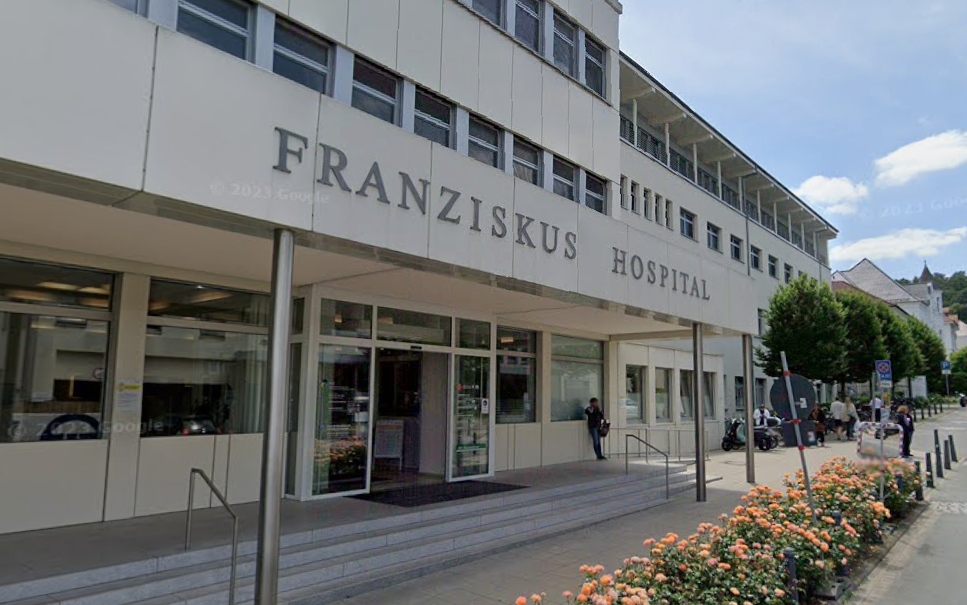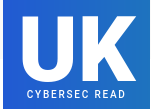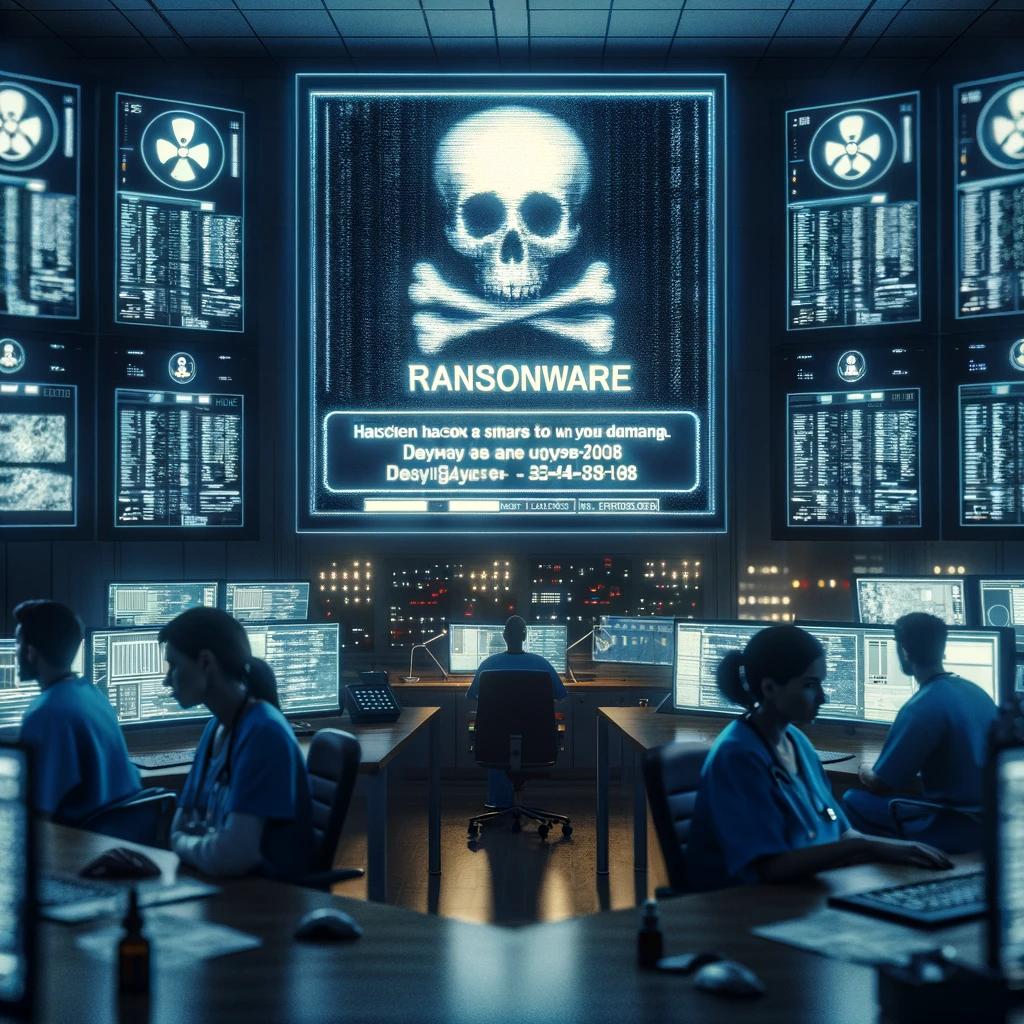The Attack: A Severe Disruption in Healthcare Services
In a distressing turn of events, a sophisticated Lockbit ransomware attack targeted the German hospital network Katholische Hospitalvereinigung Ostwestfalen (KHO) in the early morning hours of December 24, 2023. This cyber onslaught heavily impacted three pivotal hospitals in Bielefeld, Rheda-Wiedenbrück, and Herford, Germany, leading to significant operational disruptions.
The affected hospitals—Franziskus Hospital Bielefeld, Sankt Vinzenz Hospital Rheda-Wiedenbrück, and Mathilden Hospital Herford—play a critical role in their respective communities. The attack rendered emergency care services unavailable, forcing patients needing urgent medical attention to seek alternatives, thus causing potentially life-threatening delays

Remarkably, despite the severity of the attack, normal patient treatments continued with some technical constraints. The hospitals were able to access essential patient information through restored backups, highlighting the importance of robust backup systems in mitigating the impact of such cyberattacks
As of the latest updates, there has been no indication of the Lockbit ransomware gang adding KHO to its dark web extortion portal, leaving the extent of data theft, if any, uncertain.
Understanding Lockbit Ransomware
Lockbit ransomware represents a significant threat in the cyber landscape, especially due to its affiliation with the ransomware-as-a-service (RaaS) model. This model enables a wider range of cybercriminals to execute attacks without needing extensive technical knowledge, as they can simply ‘rent’ the ransomware from its developers.
Key features of Lockbit ransomware include:
- Strong Encryption: Lockbit employs robust encryption methods, rendering files inaccessible without a decryption key.
- Double Extortion: It often combines encryption with data theft, threatening to leak stolen data if ransoms are not paid.
- Rapid Spread: Its automated nature allows it to quickly propagate through a network upon entry.
- Exploitation of Vulnerabilities: Lockbit attacks often begin by exploiting software vulnerabilities or through phishing attacks.
- Demanding Ransoms in Cryptocurrency: Ransoms are typically demanded in Bitcoin or other cryptocurrencies, maintaining attacker anonymity.
The Broader Context: A Wake-Up Call
The attack on KHO is a stark reminder of the vulnerabilities that critical infrastructure sectors, such as healthcare, face in the digital age. It highlights the urgent need for enhanced cybersecurity measures, including regular software updates, employee training against phishing, and the use of advanced security solutions.





